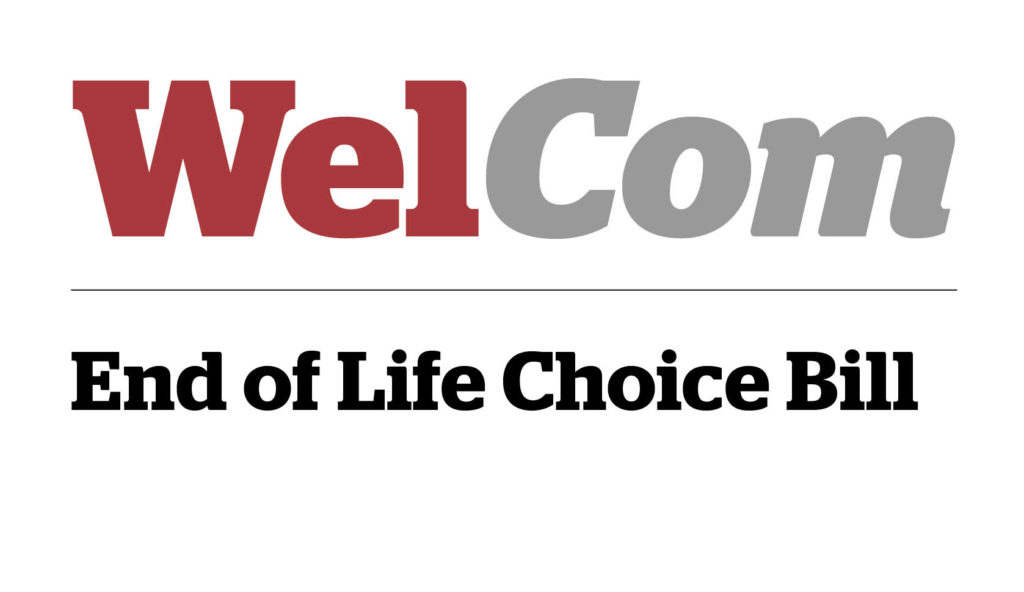WelCom November 2019
The End of Life Choice Bill now awaits its third and final reading and vote, which will happen on Wednesday, 13 November. Should it pass by a majority, the law would then be subject to a binding citizens’ referendum as part of the election in 2020. A majority of voters would have to vote for the bill in order for it to become law.
The referendum question will be a simple one – voters will be deciding on whether or not the End of Life Choice Bill, in the form passed by Parliament, is something they want to go into law – a simple yes/no question.
The wording of the referendum question, a topic of much debate in Parliament, is closely tied to the title of the bill. This is problematic insofar as it is vague and misleading as to exactly what is being voted for. As a Curia Poll carried out in 2017 found, many New Zealanders are confused about what ‘assisted dying’ means. In that poll, 85 per cent thought it included turning off life support; 79 per cent thought it included ‘do not resuscitate’ requests; and 67 per cent thought it included the stopping of medical tests, treatments and surgeries. All of these things are already legal because they result in people dying of natural causes – their underlying medical condition.
Director of the NZ Catholic Bioethics Centre, Dr John Kleinsman, said, ‘there would need to be a robust education campaign so New Zealanders understood exactly what the bill entails, that is, legalising the direct taking of life by way of euthanasia or assisted suicide, as well as its implications and risks for all New Zealanders. This is not a simple issue, but one fraught with complexity.’
A number of MPs still have reservations about the current form of the bill, and it is anticipated the final vote will be a very close one.
